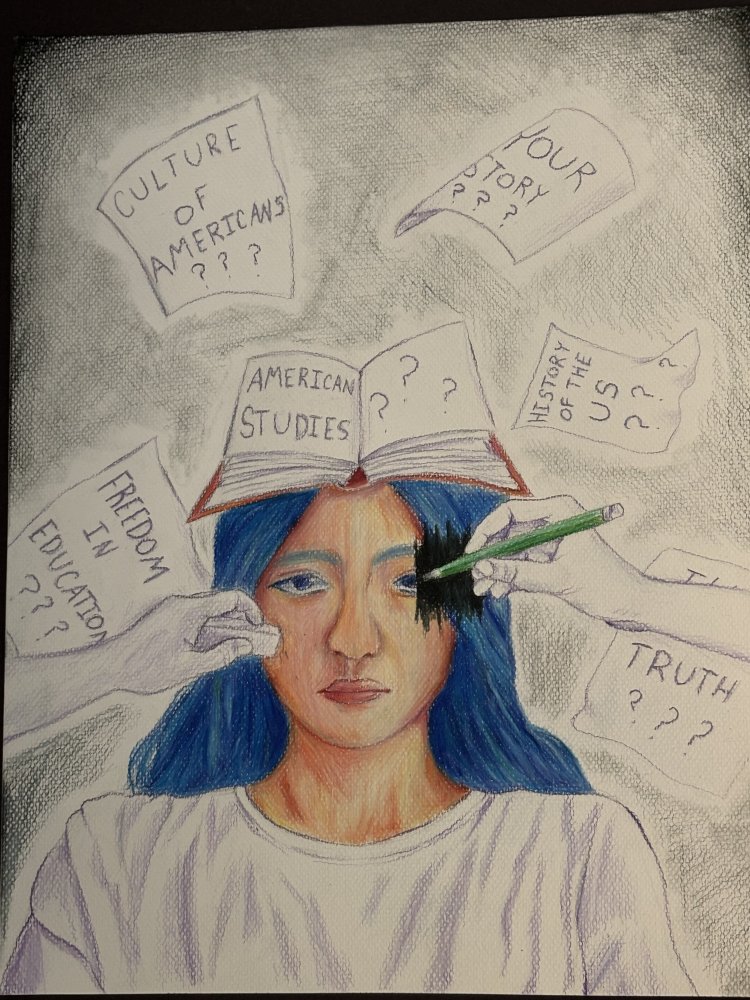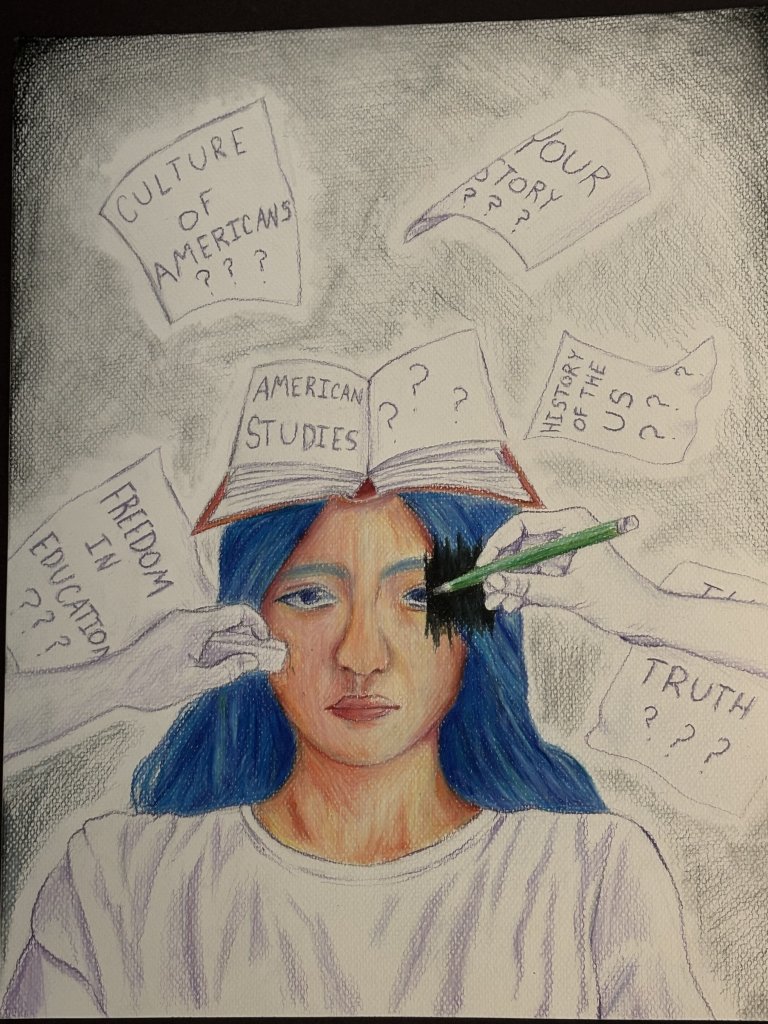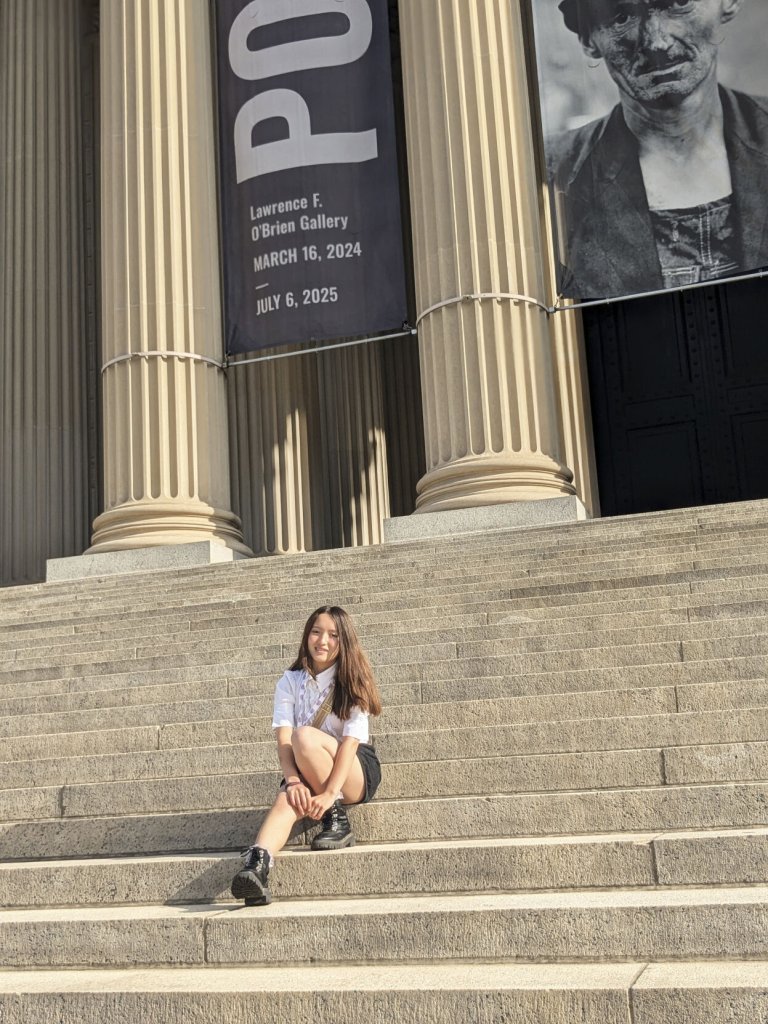
Wyoming Student Spotlight: Cindy Henson
Two Wyoming students were among the national winners of America’s Field Trip, a creative contest and program celebrating the voices of young people as the nation approached its 250th anniversary. Organized by America250, a nonpartisan initiative working to engage every American in commemorating the 250th anniversary of the United States, the contest was open to grades 3–12 and invited students across the country to share their perspectives through art or writing, with top entries earning once-in-a-lifetime educational trips to iconic historic and cultural sites. The Wyoming winners joined peers from all 50 states for immersive, behind-the-scenes experiences that brought history to life and celebrated the next generation’s vision for America’s future.
Caroline Henson, a 10th grader from Laramie, Wyoming, was one of the national winners of America’s Field Trip. Here, she shares her unique experience, what she learned along the way, and how the journey deepened her appreciation for both Wyoming’s beauty and the broader story of America.
Q: Describe your contest entry and what inspired you to enter?
My artwork for America 250 included me, an Asian-American, facing the viewer with pages flying out of a book from my head, questioning the American school system. It’s about how not every person’s story is told, even when the student is told that it is the “true” American history. There are plenty of vital people that are left out of history due to society’s favoring certain standards. I heard about this contest from my teacher, Andy Pannell, in which he encouraged me to enter this competition, and I love a challenge, so I decided I wanted my Asian-American experience to be seen.

Q: Where did your field trip take you, and what was the highlight?
I went to the National Archives in Washington, D.C., and one of the most exciting parts of the trip was meeting Colleen Shogan, the first female archivist of the United States. I also enjoyed exploring the vaults there that are not available to the public!
Q: What’s one thing you learned on the trip that surprised you?
The amount of effort it takes to preserve and restore these historical documents is incredible. I was able to enter the room where this process takes place, and seeing people hard at work, being able to turn a significantly large crumpled up map slowly turn into a legible, flat paper is amazing to witness.

Q: Why do you think it’s important to learn about America’s history?
The more informed people are about America’s history means that people will be able to think about the world today, and reference it to the past. Being able to associate historical events to the events that are currently happening is a skill everyone should be able to do, and it deepens critical thinking skills in society. It is especially important to learn America’s true history, without any censorship. This could lead to a more balanced society.
Q: What does being from Wyoming mean to you in the context of America’s story?
Wyoming is largely made up of white people, so seeing people of other races is hard to come by in the state. This means that education in school could be catered towards white people, rather than telling the stories of the minorities that don’t get to learn more about themselves in school. I feel glad to live in Wyoming sometimes due to how much significant history can be discovered in the state, but I also wish that it could have a more diverse population.
